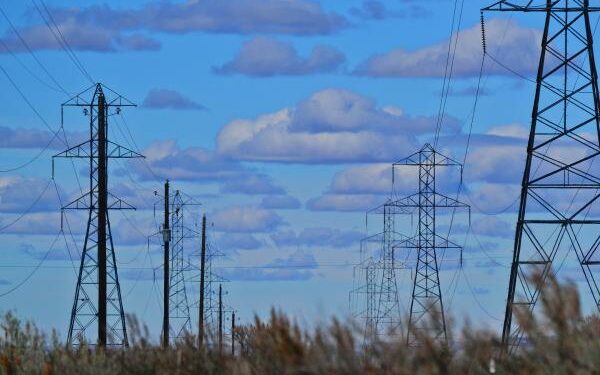Energy regulators in the US have rejected a utility’s bid that would “discriminate” against customers using battery storage units.
The US Federal Energy Regulatory Commission (FERC) denied proposed revisions to Southern California Edison Company’s (SoCal Edison) ‘widespread distribution access tariff’ (WDAT)— which would have allowed the utility to curtail electrical service during peak periods to customers with energy storage devices— before doing so to those without.
The FERC’s decision may set a precedent for the future treatment of consumers who have installed energy storage units in their homes.
In its 23 August ruling, the FERC said the proposed changes to the WDAT would unfairly discriminate against energy storage customers. Regulators also concluded “SoCal Edison’s primary basis for treating the interconnection customers at issue here differently is because it currently has no process for treating them the same”.
But the FERC did encourage SoCal Edison to continue “to develop procedures that would allow it to study and account for an energy storage device’s charging demand” so it would “be treated in a not unduly discriminatory or preferential manner compared to other wholesale loads”.
BEST Battery Briefing reported previously that the FERC had scrapped measures preventing energy storage from competing in the country’s wholesale power markets.












